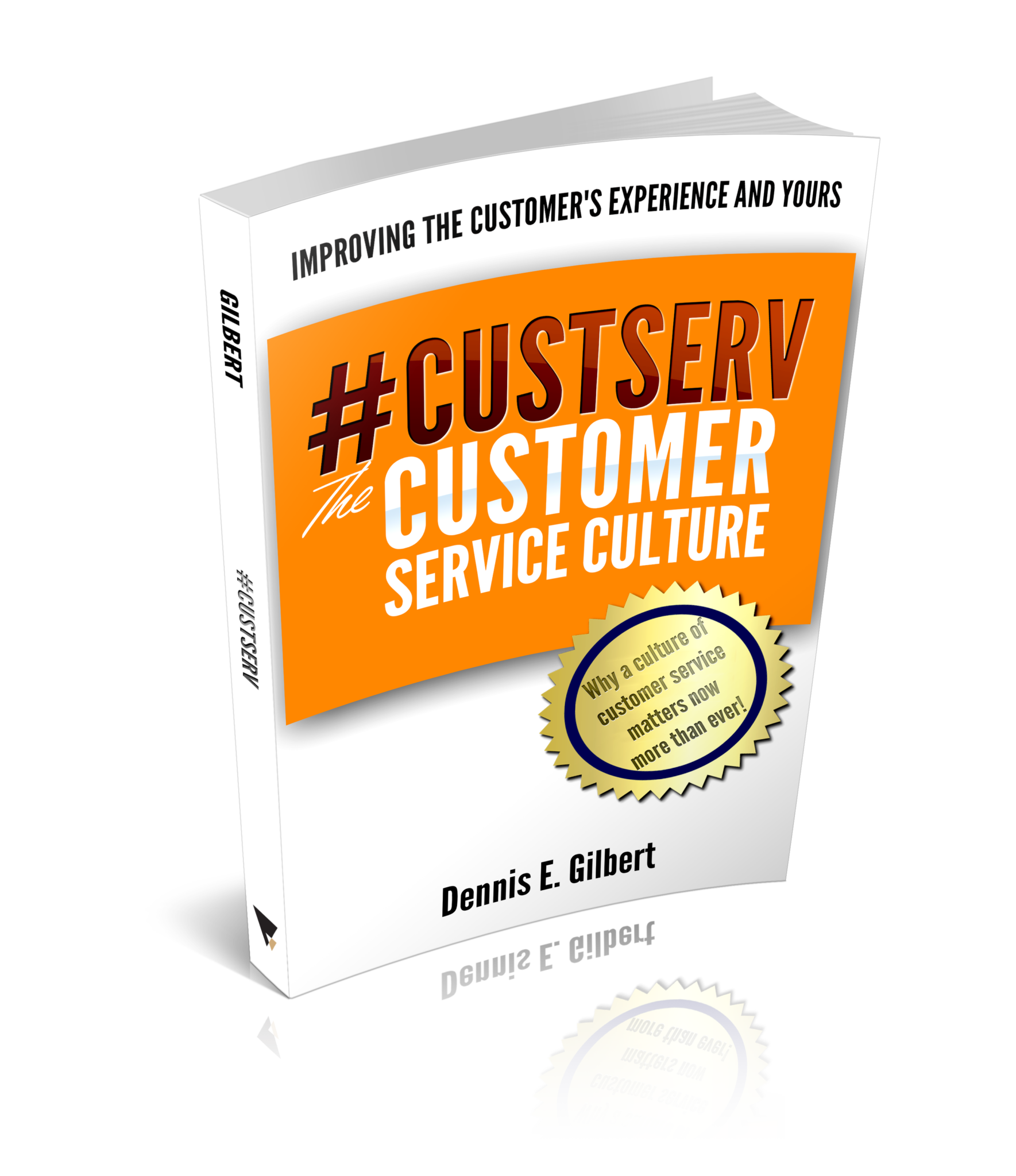
Recognizing Options On The Way To High Performance
What are your habits when it comes to workplace performance? Are you good at recognizing options, or do you follow the way it has always been done?
When you are trying to delight the customer, impress the boss, or simply check the box on your to-do list, do you consider the options?
A customer in a business suit and tie might have a different napkin requirement for eating an ice cream cone when compared with the house painter fresh off the job in a t-shirt and jeans. It’s an option to offer a few more.
If your supervisor has an urgent need for the report you’ve just finished, you’ll probably forward it by using email. It’s an option to also give a quick call, send a text message, or swing by the office to provide an urgent alert that it is completing and now arriving in the email inbox.
All of the items on your to-do list probably come with options. You have the option to do it exactly like before or exactly as described, or you have an option to enhance the product or service.
There may not always be options. The circuit board needs to be completed exactly as designed. It is true for the engineering of the house, the assembly of the gasoline engine, and the building the Model X vacuum cleaner.
Yet for many jobs, there are options.
Recognizing Options
The best performance may come from options.
Options that delight people will yield stronger future partnerships. In some cases, a customer is a customer. In other cases the customer becomes a business partner. And certainly, there is also a customer relationship with a supervisor and direct report. If you can’t spot it, you might be coming up short.
The difference between providing the least required value and the best possible value exists in the options you spot and deliver.
Your service performance will leave an impression. Whether it is in an official capacity that is recognized as an action of service, or whether it is the opportunity option you decided to explore.
Without any options, service (or job performance) is simply accepted. It’s never really great.
-DEG
Creating great customer service may be more of an art than it is a task. It is why I wrote this book:

Dennis E. Gilbert is a business consultant, speaker (CSPTM), and culture expert. He is a five-time author and the founder of Appreciative Strategies, LLC. His business focuses on positive human performance improvement solutions through Appreciative Strategies®. Reach him through his website at Dennis-Gilbert.com or by calling +1 646.546.5553.














